Unilever's Agile AI-Driven Marketing Transformation Boosts Creative Asset Production
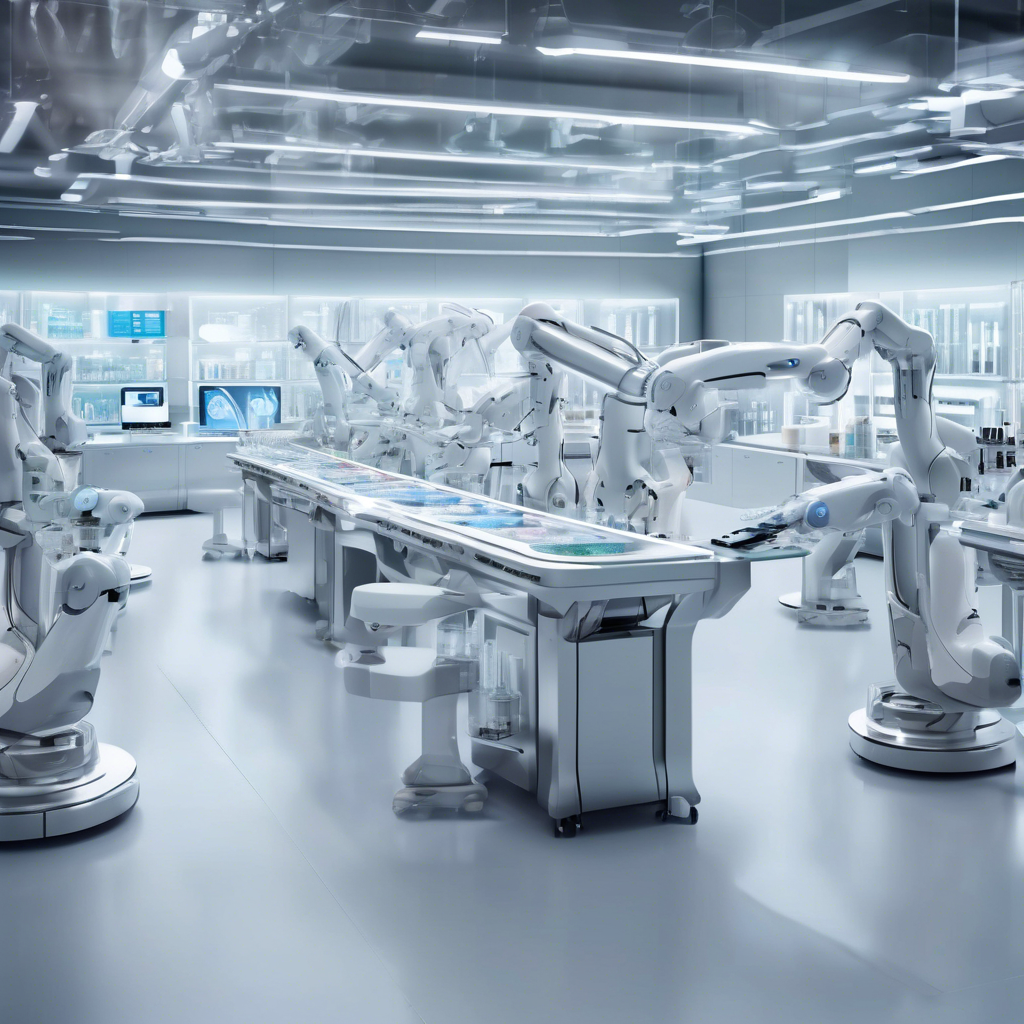
Brief news summary
Unilever revolutionized its creative content production by adopting Pencil Pro, a generative AI tool from Brandtech Group, replacing traditional brief-and-return workflows with an iterative, AI-driven approach. Leveraging large language models and APIs integrated with platforms like Meta and TikTok, the system generates digital twin images and videos while ensuring brand consistency through tools like “BrandDNAi.” This innovation boosted Unilever’s creative output dramatically, increasing asset production per campaign from 20 to about 400 per product, speeding up production by 30%, and doubling key video metrics including completion and click-through rates. The shift involved training 25,000 employees in AI skills, driving significant cultural and operational changes. Additionally, Unilever streamlined its agency partnerships, cutting the number of agencies and strengthening ties with major players like WPP. Industry experts warn that as brands build internal AI-powered teams, traditional agency models—especially smaller or less tech-savvy ones—may be disrupted, highlighting AI customization’s crucial role in future creative success.Selina Sykes, global VP and head of marketing transformation for beauty and wellbeing at Unilever, explained to Digiday that their working process has shifted dramatically from sending briefs and receiving content to adopting an agile, iterative approach. Unilever now creates around 400 creative assets per product using this system, compared to just 20 assets per campaign previously. Unilever’s system is built on Pencil Pro, a generative AI tool developed by Brandtech Group which leverages multiple large language models (LLMs) and API access to platforms like Meta and TikTok for measuring ad effectiveness. Amplifon, a hearing-care brand, also uses Pencil to quickly generate text and image assets for digital advertising. In Unilever’s workflow, marketers generate images and videos using prompts and audience insights based on 3D renders of products, a method known as “digital twinning. ” Each brand is assigned a “BrandDNAi, ” an AI tool that integrates brand guidelines and regulatory constraints to guide the generative process via a cloud platform combining LLMs, retrieval-augmented generation (RAG) frameworks, and REST APIs. Sykes emphasized that the AI system currently excludes generating images of people, focusing solely on products. The new process has increased asset production speed by 30%, and key performance indicators like video completion rate (VCR) and click-through rate (CTR) have doubled. Although Unilever hasn’t specified cash savings, it targets double-digit percentage budget reductions. According to Medialink, advertisers adopting AI have cut creative production spending by 27%. Considering Unilever’s £7. 8 billion ($10. 42 billion) marketing spend in 2023, even minor savings translate into substantial cost reductions. Beyond technology, Unilever committed significant time to training and organizing teams for the AI transition. Beginning its partnership with Brandtech in 2023 and testing Pencil in early 2024, the company designed and implemented Beauty AI Studio alongside specialist Oliver. So far, 25, 000 employees have received AI fluency training. Regarding creative agencies, Unilever has reduced its global roster from about 3, 000 agencies over the past decade and consolidated much of its beauty and wellbeing business with British holding company WPP in 2024; its media operations remain more distributed.
Gartner analyst Nicole Greene observes that advertisers are likely to adopt “hybrid” AI strategies, relying on agencies as AI pioneers rather than fully internalizing capabilities. Major agency groups like WPP and Dentsu have incorporated AI-enabled production units—Hogarth and Tag respectively—into their offerings. Still, concerns about responsible AI use, transparency, data silos, and regulatory uncertainty limit broader adoption. A 2024 Gartner study found 30% of marketing leaders plan to bring more marketing in-house within a year, yet only 62% of marketing staff have received generative AI training. Forrester principal analyst Jay Pattisall suggests these challenges may slow brands’ insourcing efforts, as agencies remain needed to implement, manage, and train on AI solutions. Several consumer packaged goods (CPG) clients, including General Motors, Mondelez, and Coca-Cola, currently outsource AI production capabilities to agency partners (Monks, Publicis, Accenture, WPP) rather than building in-house. Long-term, agencies might be expected to “hand over” AI-assisted creative processes to internal teams, raising critical questions about remuneration and the agency business model’s viability. Many smaller or mid-sized agencies lack the technology, development resources, or capital possessed by leading Brandtech firms or large groups like Omnicom and WPP. Pattisall notes that shifting production to SaaS platforms operated by in-house staff may reduce agency production revenues. Sykes clarified Unilever views generative AI as an aid, not a replacement, helping free people to focus on the more human aspects of creativity. The company maintains strong partnerships with global creative agency networks, independent teams, and technology platforms to jointly develop capabilities. Brandtech also stresses that their solutions are tailored rather than “cookie cutter, ” with Rebecca Sykes, partner at Brandtech Group (unrelated to Unilever’s Sykes), noting that digital transformation varies by context. However, if AI-driven setups like Unilever’s become widespread among major advertisers—Brandtech already collaborates with Google—this shift could pose significant disruption for creative agencies, particularly in creative hubs such as Brooklyn and Shoreditch.
Watch video about
Unilever's Agile AI-Driven Marketing Transformation Boosts Creative Asset Production
Try our premium solution and start getting clients — at no cost to you

I'm your Content Creator.
Let’s make a post or video and publish it on any social media — ready?
Hot news

UiPath Agentic AI Progress Meets Ongoing Question…
Advertisement United States / Software / NYSE:PATH UiPath Agentic AI Progress Meets Ongoing Questions On Revenue And Selling January 24, 2026 UiPath (NYSE:PATH) has launched its Maestro orchestration platform, aimed at coordinating agent AI across various vendors

OpenAI's GPT-5: A Leap in AI Language Models
OpenAI has officially announced the launch of GPT-5, the newest advancement in its series of sophisticated AI language models.

Most people now can't separate AI videos from rea…
A recent study by AI video company Runway reveals a striking reality: most people can no longer reliably distinguish AI-generated videos from real ones.
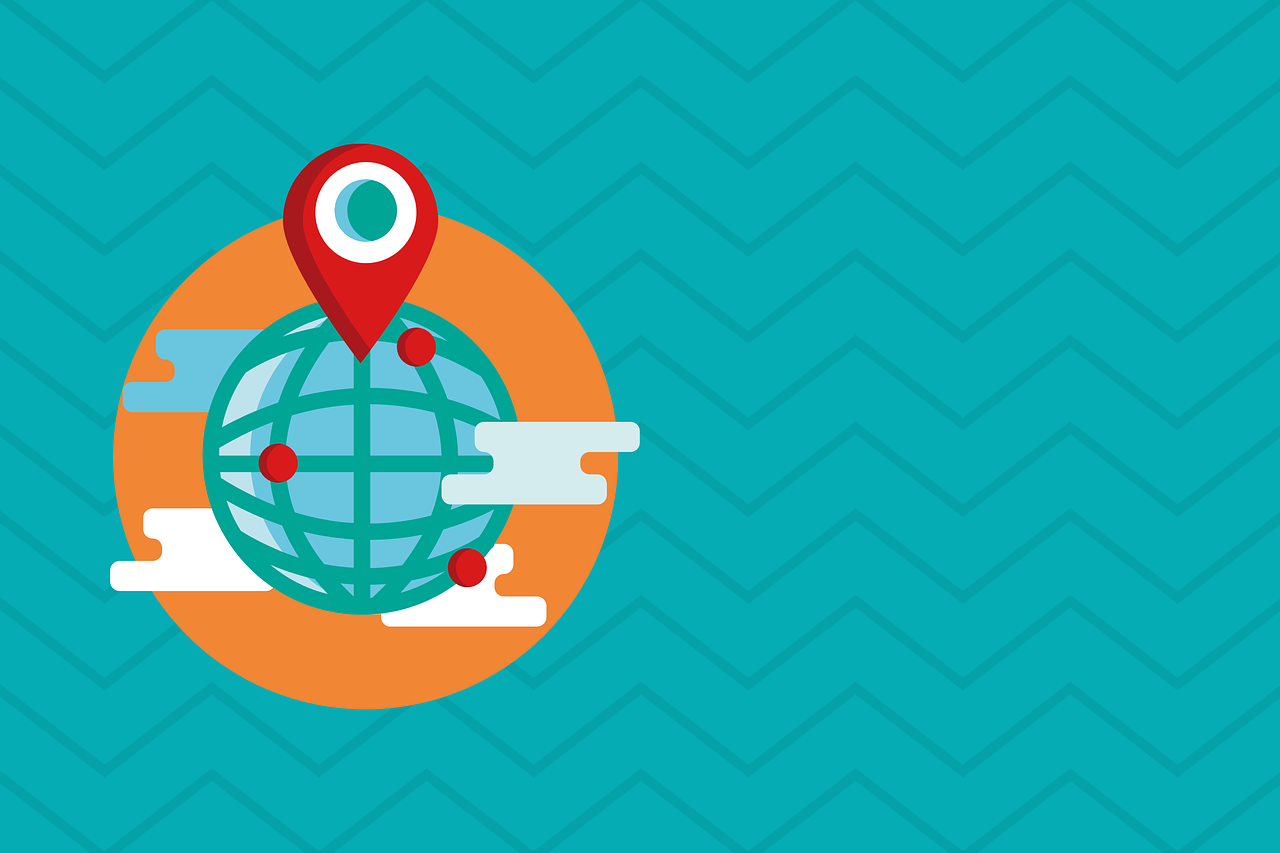
The Role of AI in Local SEO: Enhancing Visibility…
Artificial intelligence (AI) is becoming an increasingly important factor in the development of local search engine optimization (SEO), offering new and exciting opportunities for local businesses looking to enhance their online presence and connect with nearby customers.
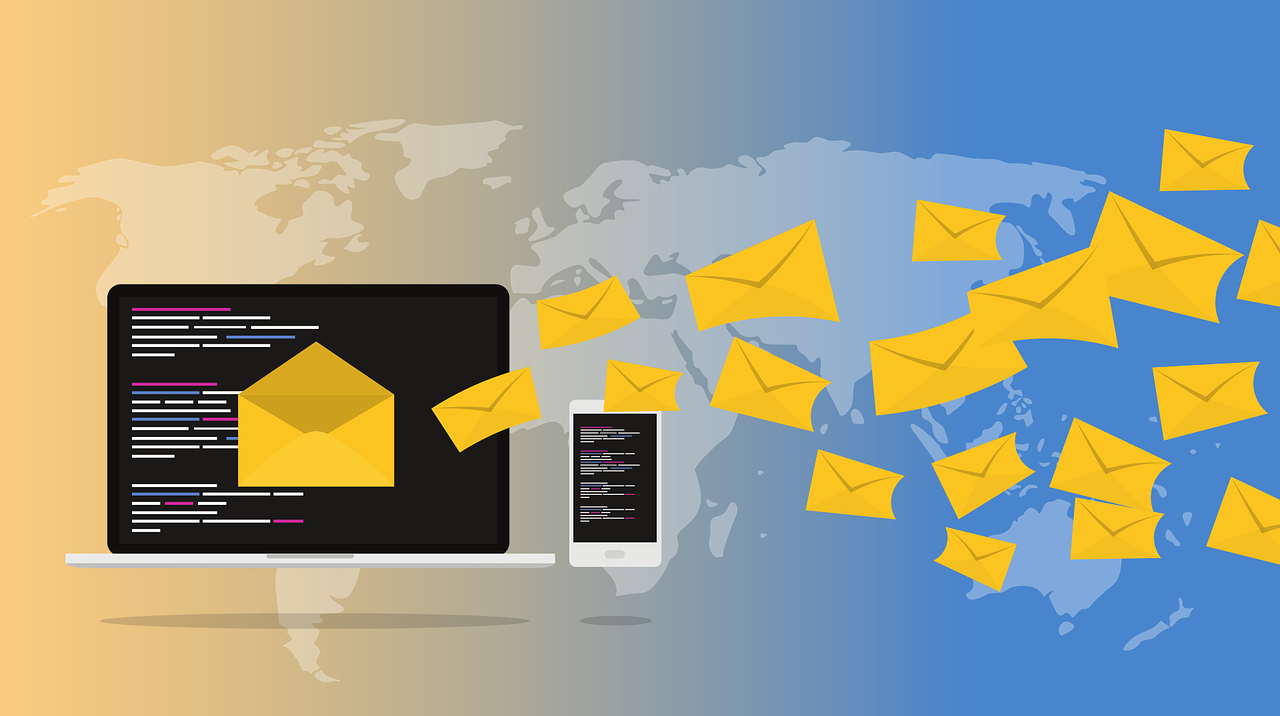
Klarna Rehires Human Marketers After AI Experiment
Klarna, the well-known financial technology firm recognized for its innovative payment solutions, recently faced considerable difficulties after transferring many of its marketing and customer service roles from humans to artificial intelligence systems.
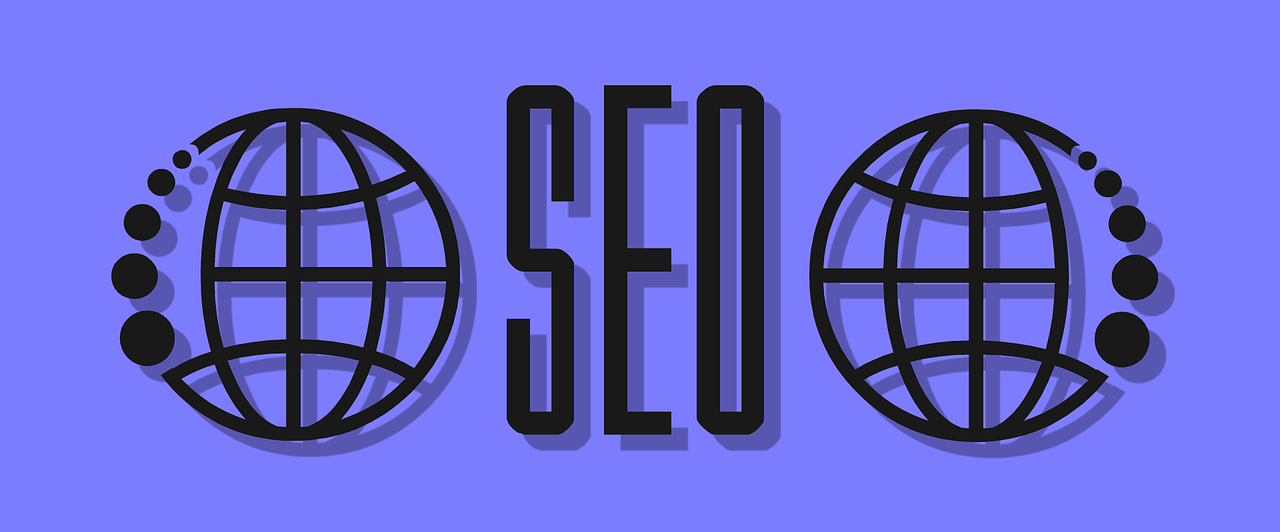
AI Optimization: How to Rank in AI Search (+ Chec…
When potential users ask AI systems like ChatGPT, Google AI, or Perplexity for recommendations, does your brand appear in the responses? Not merely cited but actually mentioned? This distinction is crucial.
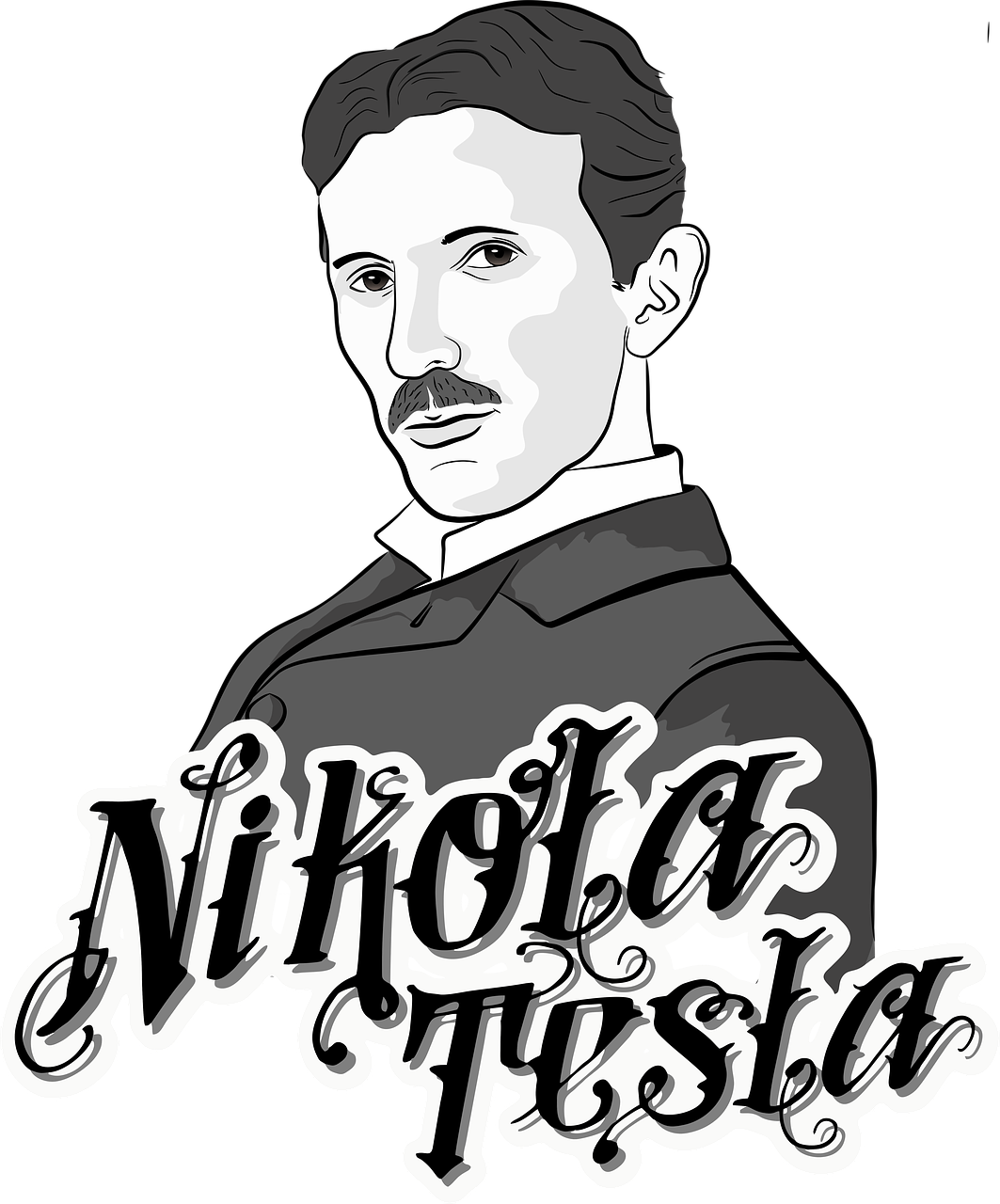
Tesla's AI-Enhanced Autopilot: Safety and Innovat…
Tesla has recently launched an update to its Autopilot system, integrating advanced artificial intelligence algorithms designed to substantially enhance the vehicle’s object detection and decision-making capabilities.
AI Company
Launch your AI-powered team to automate Marketing, Sales & Growth

and get clients on autopilot — from social media and search engines. No ads needed
Begin getting your first leads today








